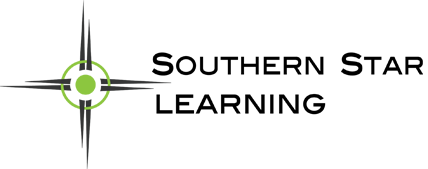Next Please – Learned Dumbness in Action
Recently I found myself at the sales counter of a major Australian airline. As I had to pay an excess baggage fee and there was no queue, just me – it seemed sensible to walk up to the kiosk and place my ticket on the counter. Behind the desk were two customer service representatives who went about their business. Without any acknowledgement, one of the ladies looked past my shoulder and announced, “Next please”. Surely she was talking to me? Imagine my surprise when it became apparent that she was speaking to a person who had just arrived behind me and was now standing in the “queue”!
What occurred next was a classic example of Learned Dumbness. Apparently I was required to wait in a non-existent queue before being summoned to an empty kiosk. My crime? I had the temerity to simply present myself to the counter to await service. My punishment? To be ignored until I learned the “rule”. When I pointed out to the two ladies the absolute dumbness of what just transpired – the “discussion” became nonsensical on their behalf.
So what just happened? One could argue that I was in the wrong by not adhering to a code of action. It happens to all of us – sometime we are busy, distracted, not paying attention or simply ignorant of the “rules”. And perhaps I could have been more present and that would have prevented my misdemeanor!
Far more alarming to me was the poor customer service; was it rigid thinking, habitualised work practices or simple petty power play in action? Either way – I left disgusted and powerless.
Rules are important – they prevent chaos and anarchy in our “tribes”. But rules should not govern us to a point of “Monty Pythonesque” existence. So, how do we know when to bend and when to stay firm? That’s a hard question to answer and each of us will have a different interpretation of what is appropriate.
Learned Dumbness occurs when we are not able to think and reflect beyond our habitualised patterns. When we lack presence or insight into the moment we stay locked in our conditioned approach to a situation. In other words – we do what we have always done. Sometimes this is a good thing but mostly it is not! And when these habitualised behaviours are not productive – who is to pull us up on them? In a work place – hopefully it is a sensible manager or well-meaning mentor.
But in the end – the responsibility lies with each of us to be present, self aware, reflective and to produce sensible decisions that lead to positive outcomes.
Next please!
